Retinal vEIN occlusion
Lack of proper blood supply and drainage from the retina can compromise eyesight. It needs urgent attention and treatment.
why choose
shroff eye centre
for your treatment?
LEADERS IN EYE CARE SINCE 1914
-

NABH ACCREDITED
-

ISO 9001:2015
Accredited -

ZEE HEALTHCARE
LEADERSHIP AWARD -

Radio City Icons
Award -

AWARDED TRUSTED
EYE CENTRE -

Times Health Survery
Top Eye Clinics in
North India & Delhi 
best eye hospitalS
in north india



Millions of
happy patients

Over 40 years
of experience

In Top 3 Eye
Centres of NCR

Internationally
acclaimed retina
team

Advanced
Retina Care
TESTIMONIALS
Don’t just take our word. Here’s what patients have to say about us!

I was delighted to visit Shroff’s Eye Hospital and see that it has been refurbished and expanded in a Spacious and beautiful manner. This well equipped and competently staffed Eye Centre has become a facility of excellence which will be a boon to the people of Delhi. I wish the Shroff Eye Centre the people and saving their eye sight.
Shri. K. R. Narayanan, President of India
(1997-2002), Rashtrapati
Bhawan

I am of firm opinion that Dr. Shroff’s institution is the best eye institution. I am fully satisfied with the care and treatment of my eyes. I had heard lot of praise about this institution, I got the same. I wish all the best for this institution.
Shri. Raj Nath Singh,
Defence Minister of India

This is undoubtedly the finest institution for eyes. Not only is every single staff member highly professional and brilliantly competent, everyone is warm, patient understanding and patient friendly. God bless all of you.
Shri. Prannoy Roy
Founder, NDTV India
Successful retina detachment Surgery in Delhi NCR
Rajiv Miglani
Diabetic Retinopathy ke badiya doctor
Dr. Daraius Shroff
happy patients
Successful retina detachment Surgery in Delhi NCR
Rajiv Miglani
Diabetic Retinopathy ke badiya doctor
Dr. Daraius Shroff
BASED ON 5K+ REVIEWS


mukul giri
We had our Retina Detachment surgery. Dr Shroff is the best retina surgeon and the surgery was done with utmost precautions and results were outstanding.


Bhaskar Azad
Excellent services and great care. The whole staff was very professional and took great care of my eye - I had a retina issue which was resolved completely.


Gauri Jain
Gagan Bhatia sir is the Best doctor in East Delhi for Retina checkup. We are satisfied with his treatment..Very polite and well versed.
Types of Retinal Vein OcclusioN
There are two types of RVO:
Central retinal vein occlusion (CRVO) is the blockage of the main retinal vein
Branch retinal vein occlusion (BRVO) is the blockage of one of the smaller branch veins.
Risk factors for Retinal vein occlusion
Despite similarities, the risk factors differ between Central & Branch Retinal Vein Occlusion (CRVO vs BRVO)
CRVO
Age - more common in older adults (>55years)
Hypertension
Open angle glaucoma
Diabetes mellitus
BRVO
Hypertension
Cardiovascular disease
Open angle glaucoma
High body mass index (not diabetes mellitus)
Retinal Vein Occlusion diagnosis
The following investigations help us visualise the blockage, see the areas of non-perfusion and also document the state of the retina and the macula:
Comprehensive dilated retina exam
Comprehensive dilated retina exam
Optical coherence tomography (OCT)
A useful non-invasive diagnostic test that takes a high definition image of the retina. It’s used to monitor the progress of your RVO
Fluorescein Angiography
allows us to visualise the retinal blood vessels with a dye injected in the vessels of the arm.
OCT angiography
For Detailed analysis of retinal vasculature and also helps to decide the prognosis of the RVO.
Fundus photo

A picture of the retina may be taken to record and monitor the condition of the retina. This may be a normal field or wide field photograph.
ECG, Blood tests
We may also suggest a follow up with a cardiologist, monitoring of your blood pressure and blood tests to rule out clotting disorders.
Treatment OF
Retinal Vein Occlusion
what are the Types of Retinal Vein Occlusions?
There are two types of RVO:
Central retinal vein occlusion (CRVO) is the blockage of the main retinal vein
Branch retinal vein occlusion (BRVO) is the blockage of one of the smaller branch veins.

Branch retinal vein occlusion (BRVO)

Central retinal vein occlusion (CRVO)
Risk Factors for Retinal vein occlusion
Despite similarities, the risk factors differ between Central & Branch Retinal Vein Occlusion (CRVO vs BRVO)
CRVO
-
Age - more common in older adults (>55years)
-
Hypertension
-
Open angle glaucoma
-
Diabetes mellitus
BRVO
-
Hypertension
-
Cardiovascular disease
-
Open angle glaucoma
-
High body mass index (not diabetes mellitus)

There is currently no way to re-open a blocked vessel in the eye. The treatment is aimed at problems which may arise as a result of the venous occlusion and which can cause loss of eyesight if not treated- macular edema, retinal neovascularisation and glaucoma.
Lifestyle modification
This is essential to help control the underlying cause of the RVO. Diabetes, high blood pressure etc must be brought under control.
Intravitreal injections
Help in treating macular edema associated with venous occlusions. These may need to be repeated frequently depending on the patient's response to therapy.Various Anti-VEGF injections are Avastin, Lucentis, Eylea and steroid implant, Ozurdex.
Laser photocoagulation
May help in patients with abnormal blood vessel proliferation or areas of non-perfusion.
MIVS
This is microincision vitrectomy surgery done in advanced cases where sudden drop of vision occurs due to vitreous haemorrhage
Regular follow up
is essential to monitor the disease process.
The following Investigations help us visualise the blockage, see the areas of non-perfusion and also document the state of the retina and the macula:
-
Comprehensive dilated retina exam
-
Optical coherence tomography (OCT): A useful non-invasive diagnostic test that takes a high definition image of the retina. It’s used to monitor the progress of your RVO .
-
Fluorescein Angiography: allows us to visualise the retinal blood vessels with a dye injected in the vessels of the arm.
-
OCT angiography: For Detailed analysis of retinal vasculature and also helps to decide the prognosis of the RVO.
-
Fundus Photo: A picture of the retina may be taken to record and monitor the condition of the retina. This may be a normal field or wide field photograph.
-
ECG, Blood tests -We may also suggest a follow up with a cardiologist, monitoring of your blood pressure and blood tests to rule out clotting disorders.
There is currently no way to re-open a blocked vessel in the eye. The treatment is aimed at problems which may arise as a result of the venous occlusion and which can cause loss of eyesight if not treated- macular edema, retinal neovascularisation and glaucoma.
-
Lifestyle modification: This is essential to help control the underlying cause of the RVO. Diabetes, high blood pressure etc must be brought under control.
-
Intravitreal injections: Help in treating macular edema associated with venous occlusions. These may need to be repeated frequently depending on the patient's response to therapy.Various Anti-VEGF injections are Avastin, Lucentis, Eylea and steroid implant, Ozurdex.
-
Laser photocoagulation: May help in patients with abnormal blood vessel proliferation or areas of non-perfusion.
-
MIVS: This is microincision vitrectomy surgery done in advanced cases where sudden drop of vision occurs due to vitreous haemorrhage
-
Regular follow up is essential to monitor the disease process.
Usually, retinal vein occlusion is caused by an underlying medical condition such as high blood pressure, diabetes or heart disease. So it’s important to
1. Control blood pressure, cholesterol and blood sugar levels
2. Maintain a healthy weight
3. Avoid smoking
4. Exercise regularly
5. Eat a healthy diet
6. Have regular eye exams if you have any systemic risk factors so that we can detect and treat RVO early if it occurs.
Some people with hypercoagulable blood conditions or those on certain medications like birth control pills should also be in regular touch with their doctors to prevent retinal vein occlusion.
Prevention of Retinal Vein Occlusion
Usually, retinal vein occlusion is caused by an underlying medical condition such as high blood pressure, diabetes or heart disease. So it’s important to
-

Control blood pressure, cholesterol and blood sugar levels
-

Maintain a healthy weight
-

Avoid smoking
-

Exercise regularly
-

Eat a healthy diet
-

Have regular eye exams if you have any systemic risk factors so that we can detect and treat RVO early if it occurs.
Some people with hypercoagulable blood conditions or those on certain medications like birth control pills should also be in regular touch with their doctors to prevent retinal vein occlusion.
Frequently
asked questions
Why does retinal vein occlusion affect eyesight?
The nerve cells of the retina convert light signals into electrical signals and transfer this to the brain to interpret.
These nerve cells need nutrients and oxygen to function- this is brought by the retinal artery. The metabolites and carbon dioxide are carried away by the retinal vein.
Any blockage due to pressure from atherosclerosis (deposition of cholesterol and plaques inside vessels) in retinal artery or blood clots can cause retinal vein occlusion.
When there is a blockage, the blood cells and the cells of the retinal vein walls release certain chemicals. These chemicals produce edema and promote new blood vessels formation which affects eyesight by causing:
Macular Edema- The edema in the macula (the central most part of the retina responsible for fine vision)
Neovascularisation- proliferation of new, abnormal blood vessels on the retina. These new vessels are leaky and leak fluid and blood into the vitreous. This can lead to floaters, vitreous haemorrhage and even retinal detachment.
Neovascular glaucoma- rise in eye pressure due to new growth of blood vessels near the angle of the eye.
Blindness- If untreated, CRVO can cause irreversible blindness
Frequently Asked Questions
Why does retinal vein occlusion affect eyesight?
The nerve cells of the retina convert light signals into electrical signals and transfer this to the brain to interpret.
These nerve cells need nutrients and oxygen to function- this is brought by the retinal artery. The metabolites and carbon dioxide are carried away by the retinal vein.
Any blockage due to pressure from atherosclerosis (deposition of cholesterol and plaques inside vessels) in retinal artery or blood clots can cause retinal vein occlusion.
When there is a blockage, the blood cells and the cells of the retinal vein walls release certain chemicals. These chemicals produce edema and promote new blood vessels formation which affects eyesight by causing:
-
Macular Edema- The edema in the macula (the central most part of the retina responsible for fine vision)
-
Neovascularisation- proliferation of new, abnormal blood vessels on the retina. These new vessels are leaky and leak fluid and blood into the vitreous. This can lead to floaters, vitreous haemorrhage and even retinal detachment.
-
Neovascular glaucoma- rise in eye pressure due to new growth of blood vessels near the angle of the eye.
-
Blindness- If untreated, CRVO can cause irreversible blindness
Blogs
Other services @ SEC

LASIK &
Refractive
Surgery

Dry Eye

Cataract

Glaucoma

Pediatric
Ophthalmology

Squint
Orthoptics

Uvea

Cornea









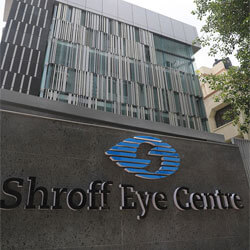
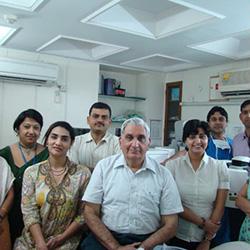
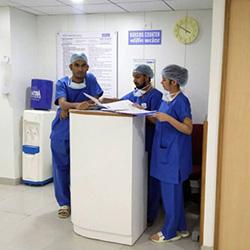
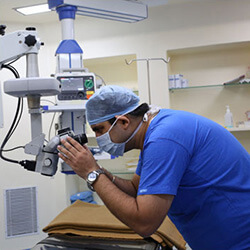
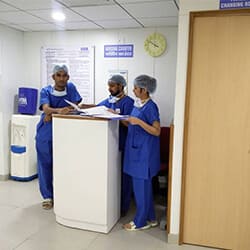
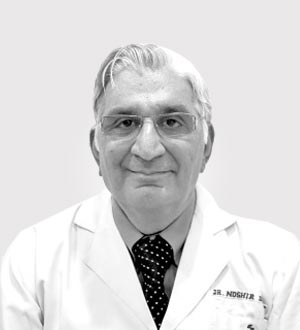


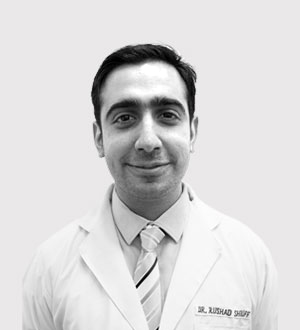
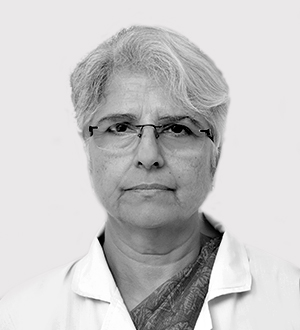

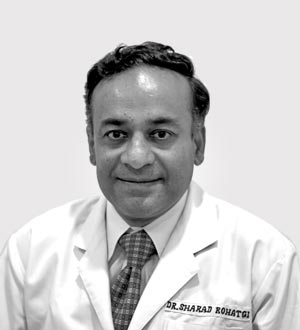



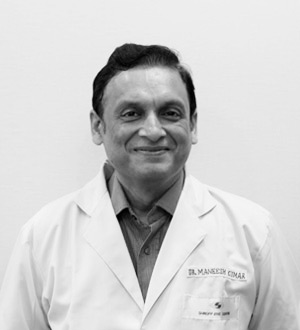

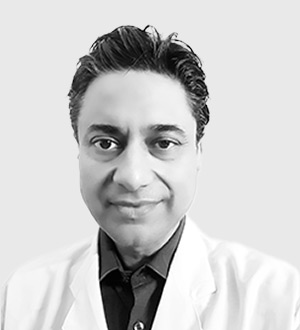


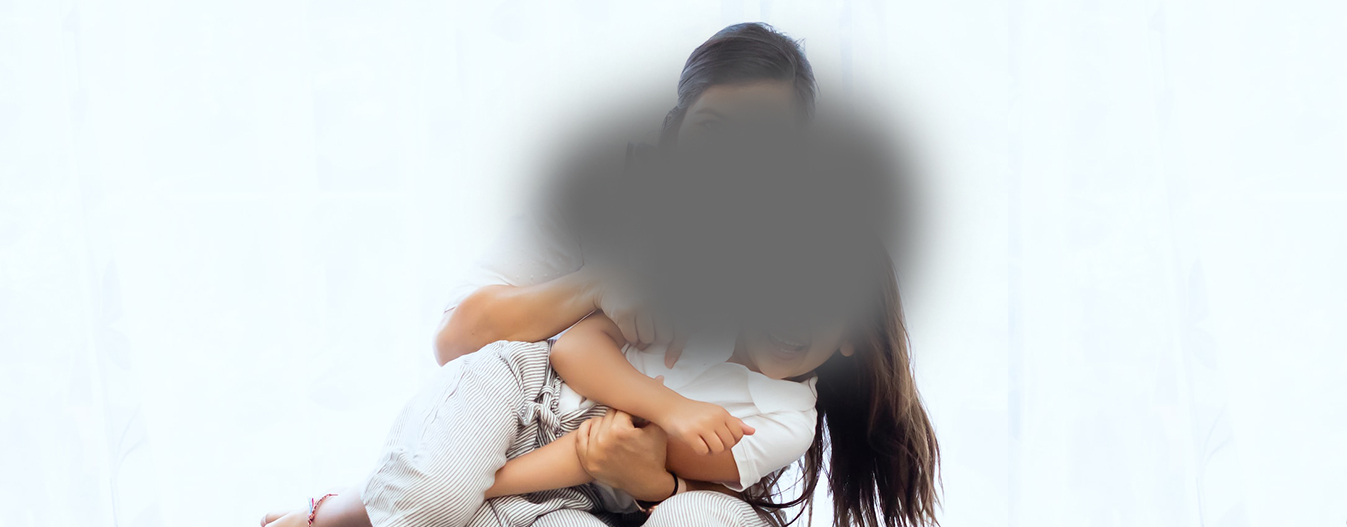
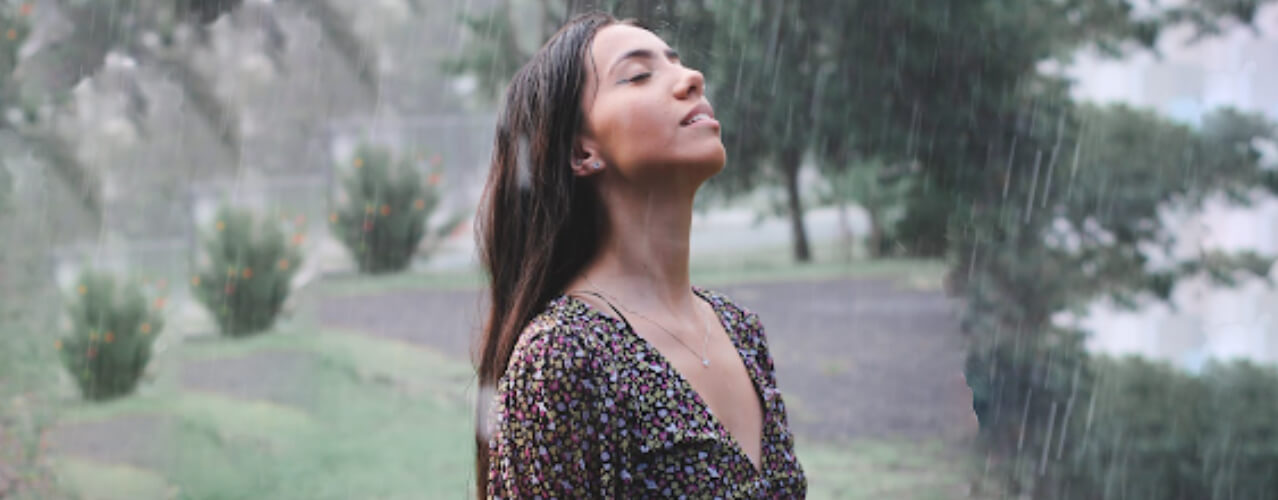

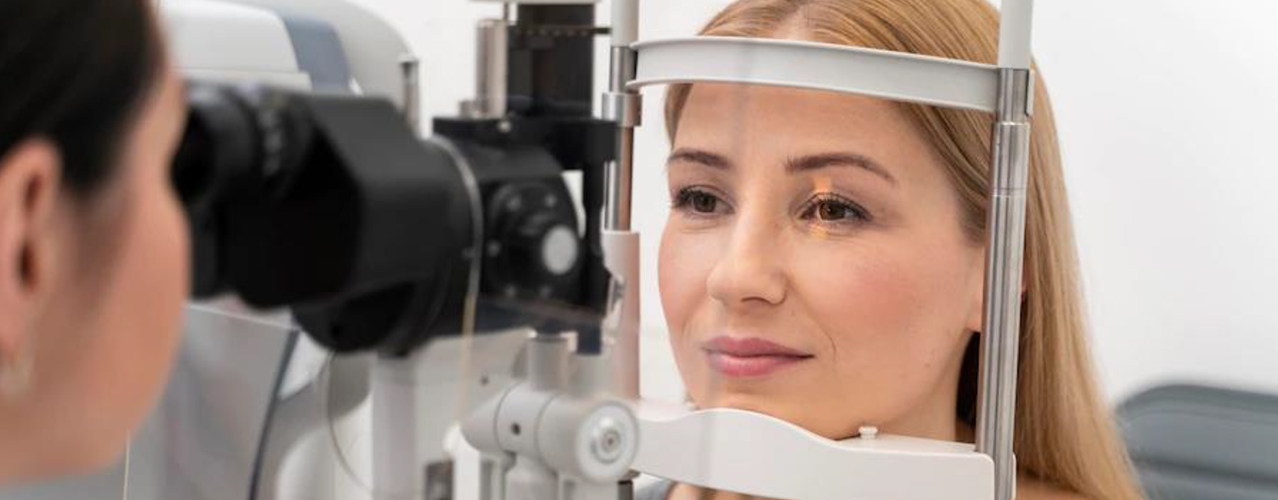

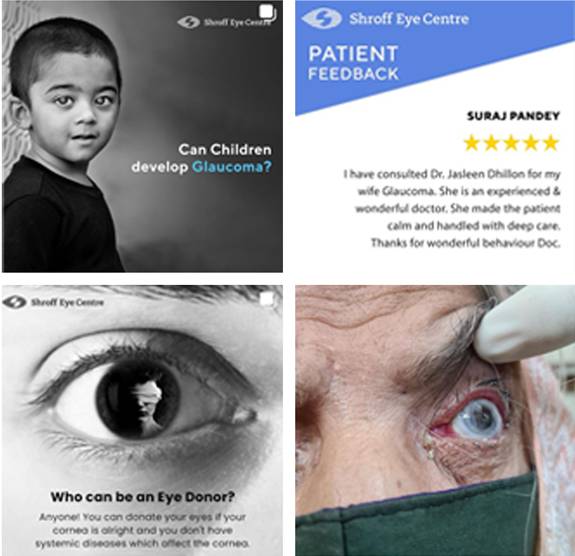
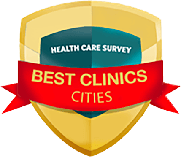
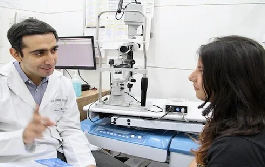
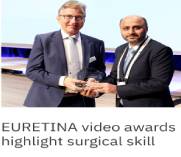



 Call Now
Call Now Book an
Book an Chat
Chat  Our
Our